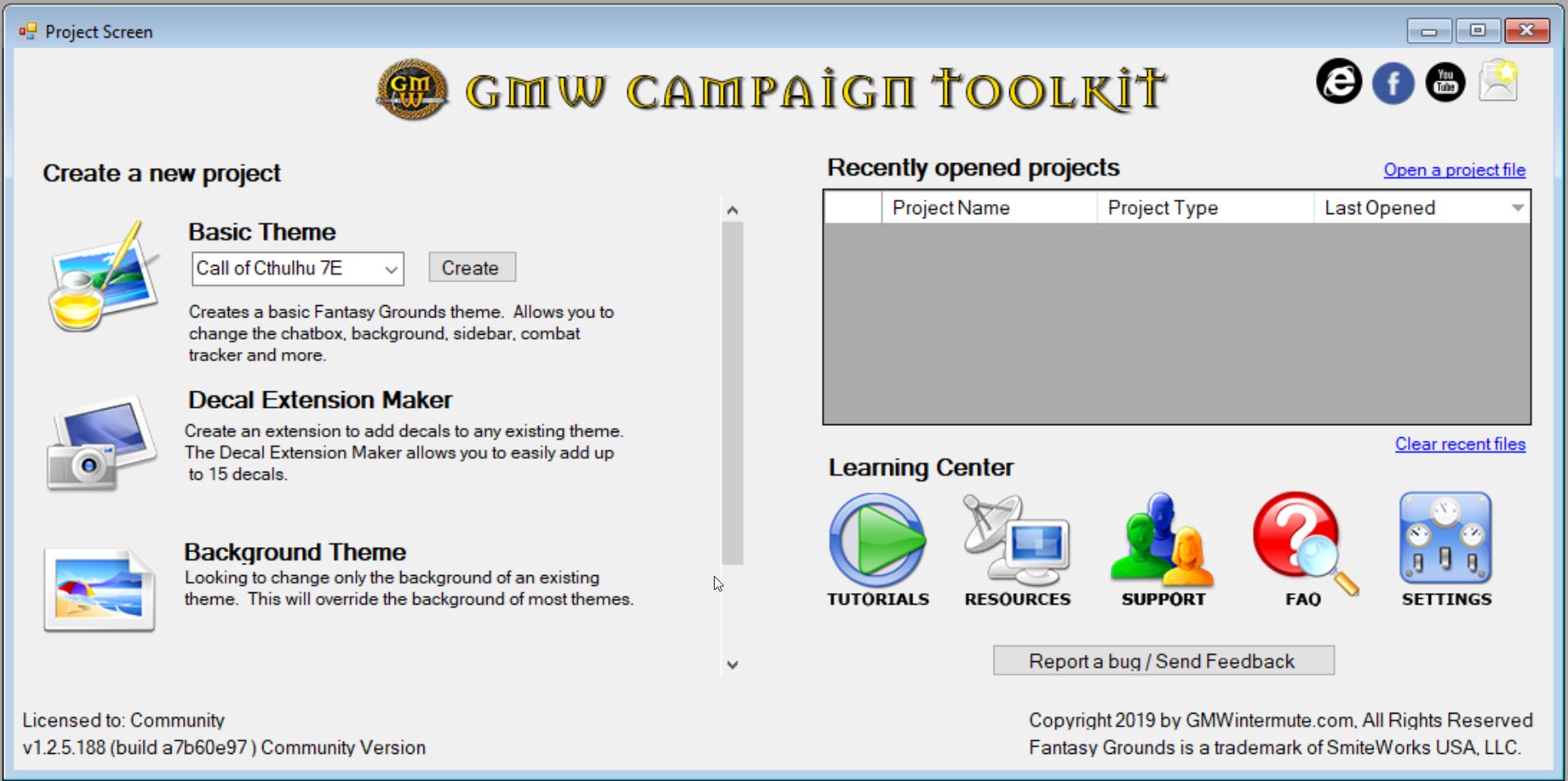

Your nonprofit’s fundraising consultant can work with you in the initial stages to plan your capital campaign by conducting a feasibility study, helping you draft your case statement, and developing collateral related to the capital campaign. Depending on your needs and organization’s preferences, this may be a good choice. With a traditional fundraising consultant, your nonprofit will instead have an expert steering one or more parts of the campaign. Questions to ask your interviewees during a feasibility study will range from personal (“What is your connection to the organization?”) to more broad (“Do you think this organization can raise the money for this project?”).īy the end of the feasibility study, your organization should be able to determine whether or not you have the support needed to raise money for your capital campaign. You’ll then work together to distill insights and recommendations. The experts at the Capital Campaign Toolkit recommend taking a hands-on, guided approach in which your nonprofit’s leaders conduct the interviews personally with the support of a campaign advisor. You must complete a feasibility study before you start fundraising for a capital campaign.ĭuring a feasibility study, your organization or an outside consultant will sit down and interview 30 to 40 individuals from the community. It’s easiest to think of feasibility studies as product testing for your capital campaign. They essentially determine whether or not your donors and the community will be willing to support your organization’s project. Feasibility studies are crucial to the success of any capital campaign.


 0 kommentar(er)
0 kommentar(er)
